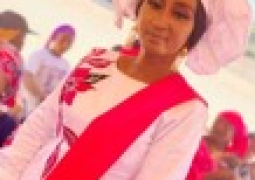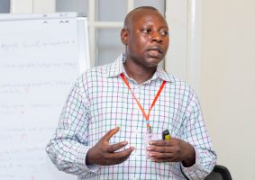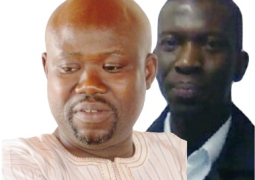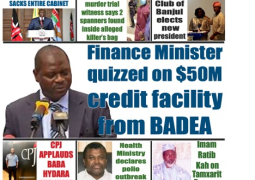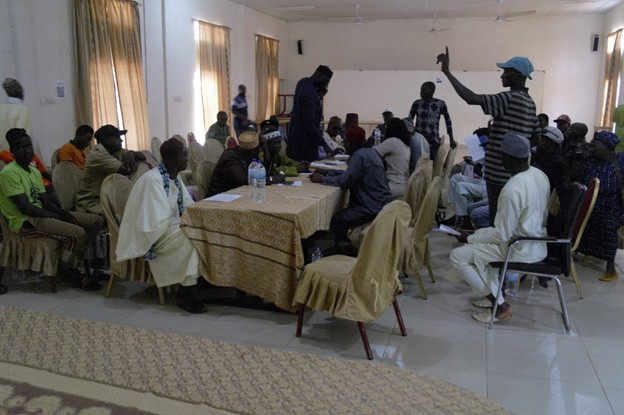
However, their main appeal to the authorities was to restore the project that has transformed lives, supported livelihoods, and revitalised entire communities.
The Conservation and Restoration of the Mangrove Ecosystem in The Gambia through the REDD+ Mechanism Project, a flagship initiative led by Sahel Wetland Concern, the West African Bird Study Association (WABSA), and the Kombo Foni Forest Association (KOMFORA), is aimed at restoring 10,000 hectares of degraded mangroves across the West Coast, Lower River, and Central River Regions as one hundred and thirty-four (134) communities currently benefit from.
Meanwhile, the project is now suspended amid government scrutiny over fund usage and the role of the Department of Parks and Wildlife Management (DPWM) in the project. In response, international sponsor Ørsted Nature Based Solutions has paused its funding for the 2025 planting season, pending the results of a national audit.
Mariama Sora, a resident of Jarra Sankuya, spoke of the project's deep impact on her life and others in the community.
“Since the suspension, life has become difficult again. I was depending on this project to renovate my house, which is in terrible condition. When it rains, I can’t even stay inside with my children. This project has brought real change, and now everything is uncertain,” she said.
Babucarr Fofana, a key community figure, described the mangrove project as a “rescue boat” after years of neglect.
He detailed how the project catalysed grassroots development which included the Mobilization of D1.2 million through Village Development Committees (VDCs) and local contributions, the rehabilitation of a major community garden, improved infrastructure, including the road from Sankuya to Soma, created transparent financial systems through local bank accounts and partnered with government agencies like the National Road Authority and Talinding Garden Project.
“Without this project, none of it would have happened,” Fofana emphasised, saying “it didn’t just plant mangroves, it planted hope.”
Ebrima Gibba, alkalo of Kiang Mandina, highlighted how the project supported families during the rainy season, which is always a time of financial hardship.
“We bring our children from Kombo to help with the planting. The money we earn feeds our families,” he disclosed.
Among other things, he said neighbouring communities like Karantaba used their earnings to build a mosque. In Julakunda, four villages combined efforts and funded a football club.
“There’s no other project in The Gambia right now as impactful as this one,” Alkalo Gibba attested.
Communities emphasised that only two years remain in the project cycle, and the benefits are just beginning to materialise.
“If the project is halted now, the real winners will be the carbon credit companies, not the people who do the actual planting,” Fofana stated.
Beneficiaries urged MECCNAR to consult with communities, resolve internal concerns, and secure the continuity of the project for the benefit of all.
The Mangrove REDD+ Project has proven to be more than a conservation initiative. It is a blueprint for community-driven development, resilience building, and climate adaptation.
As community leaders pray for a positive resolution, they also remind the government and stakeholders that what has been achieved so far is only a glimpse of the project’s full potential.


